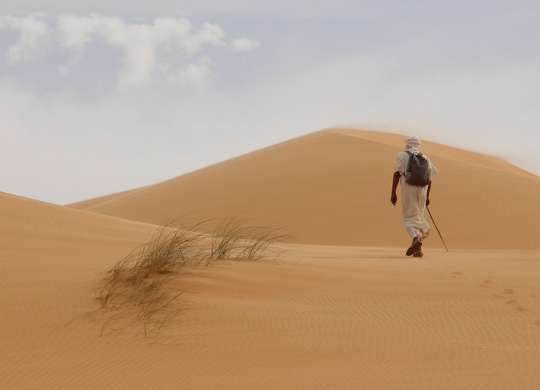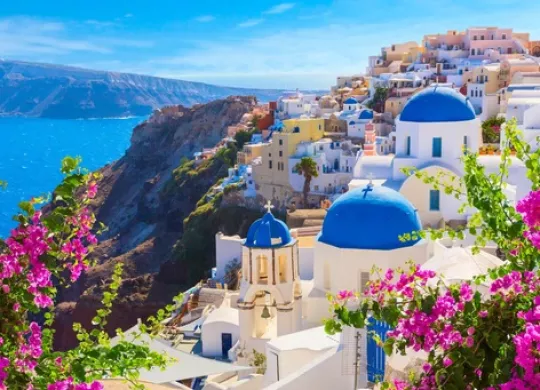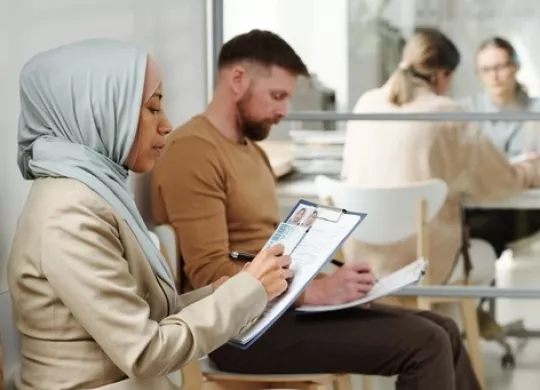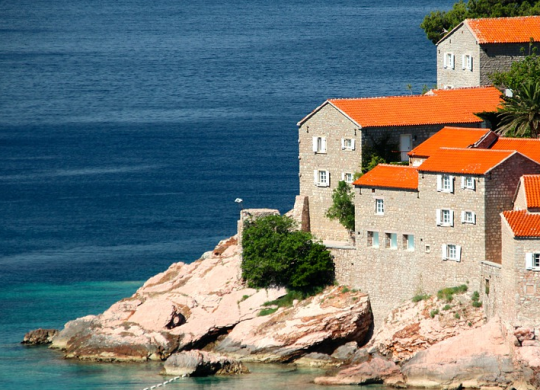How to move to Mauritania for permanent residence. Required documents, security, accommodation and rental prices

The Islamic Republic of Mauritania is located in the West African region, 90% of this vast land is covered by dry desert. The Atlantic Ocean edges Mauritania to the west, while the rest of the country is surrounded by Western Sahara, Algeria, Mali, and Senegal.
Almost all of Mauritania's 3.5 million inhabitants belong to the Sunni Muslim religion. The dominant tribal groups in the country are Bambara, Fula, and Soninke, although there are small communities of migrants from abroad. The official language of Mauritania is French, but Modern Standard Arabic is one of the most popular dialects. What else do foreigners, preparing to move here, need to know? Read more of our material.
How do you obtain citizenship?
There are several ways to obtain citizenship:
• BY BIRTH: Being born in a country does not automatically mean citizenship. Exceptions: Child born to a non-citizen parent who was also born in Mauritania. A child born to parents without citizenship (citizenship after a five-year waiting period).
• BY ORIGIN: A child, regardless of the country of birth, if at least one parent is a Mauritanian citizen, can be issued a passport.
• MARRIAGE: A foreign woman who marries a Mauritanian citizen is granted citizenship immediately upon request.
• NATURALISATION: To obtain citizenship by naturalization, one must: live in the country for at least five years, not break the law and be familiar with the Mauritanian language and customs.
Documents required
A residence permit is required for all foreigners moving into the country, with the exception of diplomatic passport holders from Egypt, Qatar, Morocco, Turkey, and Bulgaria. The permit lasts from one to three years, after which it can be renewed.
Expats intending to move for permanent residence must provide certain documents and evidence before they can obtain a visa.
• Passport valid for at least six months;
• An international vaccination certificate;
• A completed visa application form;
• A 2.5 x 2.5 photograph (recent, white background);
• Proof of residence;
• Business letter or invitation letter confirming the nature of your business and financial security.
Taxes
Tax residents in Mauritania are taxed on their worldwide income. However, foreign income will not be taxed in Mauritania if the taxpayer proves that the income was taxed in another country. Non-residents are only taxed on income from Mauritanian sources.
Healthcare
The situation with the healthcare system is deplorable. Lack of clean water and poor sanitation leads to serious consequences regarding healthcare in Mauritania. In addition, droughts and desertification generally prevent the rural population from accessing water. The Mauritanian government is seeking to centralize infrastructure projects in the capital region, while rural areas of the country suffer from a lack of doctors and medical facilities. Foreigners are strongly advised to take out private health insurance, you can do it on our website.
Safety
Most crime in the country takes place in the most populated urban areas. The most common incidents are minor crimes such as theft. It is also important to keep valuable items as far away from cars as possible, as theft from cars is extremely common.
The main areas to avoid after nightfall are the beaches and the Le Cinquième area. These regions can be dangerous at night, with sporadic cases of car thefts and armed robberies reported. If any crime situations arise in Mauritania, the police contact number is 117.
Housing and rental prices
The capital Nouakchott is a bustling city that is not fully urbanized, retaining the essence of desert life. The coastal town of Nouadhibou, which is the second largest city in Mauritania, would be a better destination to move to. There is a thriving maritime industry in the area, especially in the residential area of Cansado.
The town center, Keran, contains most of the civil service buildings, including police stations, the customs office, as well as commercial buildings, and the central market. Rent is cheap, one-bedroom flats cost between US$68 and US$172 per month.
Recommended articles
3 min
Residence permit
How to get a residence permit in Greece: types of permits and registration procedure
Greece is a European country that attracts expats from different parts of the world. For long-term residence here, a foreigner must have a residence permit. Find out what types of residence permits are available in Greece and what is the procedure for obtaining them
31 Oct. 2024
More details2 min
Residence permit
How to get a permanent residence permit in Malaysia in 2025: a detailed guide
Thinking about building a long-term future in Malaysia? Find out how to get a permanent residency in Malaysia in 2025. A complete guide on requirements, documents, application process, benefits and alternatives like MM2H
06 Aug. 2025
More details3 min
Residence permit
Moving to Montenegro in 2024: advantages and disadvantages of obtaining a residence permit
Montenegro is a country with a warm Mediterranean climate and incredible scenery. Migrants are attracted by the proximity to Europe, relatively inexpensive living, simplified visa policy, and EU candidate status. Learn more about obtaining a residence permit in Montenegro in 2024
03 Jun. 2024
More details5 min
Treatment
All materials and articles are owned by VisitWorld.Today and are protected by international intellectual property regulations. When using materials, approval from VisitWorld.Today is required.